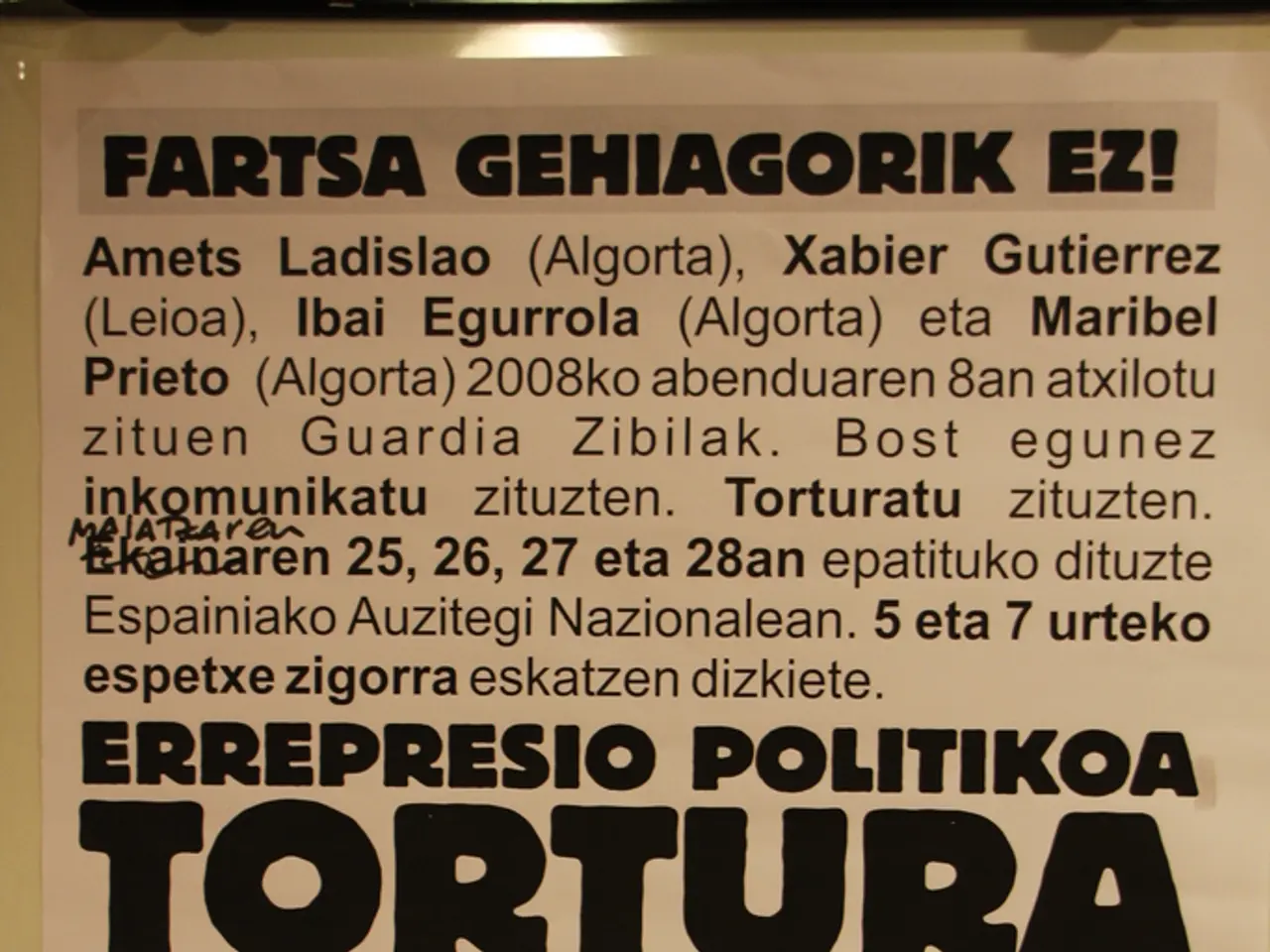Renewable energy under attack: critique intensifies
In the rapidly evolving landscape of Europe's energy sector, the increasing use of renewable energy sources presents both challenges and opportunities. This article examines the impact of renewable energy on power outages, cyber risks, and compatibility with nuclear power.
Power Outages and Grid Stability
The growth of wind and solar power in Europe can potentially increase vulnerability to sudden demand stress or equipment failures, due to these sources' lower mechanical inertia compared to conventional power plants. However, recent outages in Spain and Portugal have highlighted the need for improved renewable integration and grid resilience. It is essential to invest in grid integration, storage solutions like batteries, and real-time monitoring to ensure the proper functioning of wind and solar energy [1][3][4].
While renewables are often blamed for outages, investigations have attributed the April 28, 2025, power outage on the Iberian Peninsula to operational mismanagement and inadequate voltage regulation, not to renewable energy sources [5].
Cyber Risks
The increasing reliance on small distributed energy resources (DERs), such as internet-connected inverters used with renewables, introduces new cyber vulnerabilities. The European Parliament has emphasised the need for mandatory cybersecurity risk assessments for DERs, tighter oversight, increased EU-based manufacturing, and enhanced cooperation among member states and with NATO to counter hybrid cyber threats to energy security [2].
Compatibility with Nuclear Power
Nuclear power remains a stable base-load energy source in Europe but is sensitive to grid stability issues. During severe grid disturbances or blackouts, nuclear plants must often be shut down for safety reasons. The integration of renewables does not inherently cause outages or incompatibility with nuclear power; rather, grid disturbances can force nuclear shutdowns as a protective measure [3][4].
The Future of Europe's Energy Landscape
The European Environment Agency argues that renewable-based generation, energy savings, and flexibility instruments can ensure stable energy security and replace fossil fuels and remaining nuclear power in the energy mix completely [6]. However, the increasing cyber attacks on energy providers pose a significant threat, with utilities experiencing an average of 1,500 security breaches per week by 2024 [7].
The power outage on the Iberian Peninsula has sparked a debate about the use of renewable energy in Europe. While some argue that Europe is investing too heavily in renewable energy and should rely more on so-called "conventional" energies like gas and coal, others maintain that implementing nuclear power can be slow and costly [8].
Several European countries, such as France, Finland, and the Netherlands, are developing nuclear power alongside renewable energy sources [9]. However, the European Union is reportedly lagging behind North America and Asia in investments in cybersecurity [10].
Communicating the benefits and risks of "clean" energy to a public inundated with misinformation and disinformation about renewables is one of the most pressing challenges Europe now faces.
[1] https://www.sciencedirect.com/science/article/pii/S2352340919300381 [2] https://www.europarl.europa.eu/RegData/etudes/STUD/2020/645980/IPOL_STU(2020)645980_EN.pdf [3] https://www.researchgate.net/publication/338311160_Renewable_Energy_Integration_and_Flexibility_Options_for_Grid_Stability [4] https://www.sciencedirect.com/science/article/pii/S235234091930037X [5] https://www.reuters.com/business/energy/spanish-renewable-energy-sources-not-responsible-april-outage-grid-operator-2021-05-12/ [6] https://www.eea.europa.eu/highlights/renewable-energy-could-replace-all [7] https://www.forbes.com/sites/forbestechcouncil/2020/04/10/the-evolution-of-cybersecurity-for-the-energy-industry/?sh=68c9d6894843 [8] https://www.bloomberg.com/news/articles/2021-05-13/europe-s-renewable-energy-transition-faces-a-cyber-threat [9] https://www.world-nuclear.org/information-library/country-profiles/countries-g-n/finland.aspx [10] https://www.reuters.com/article/us-cybersecurity-europe/europe-lags-behind-north-america-and-asia-in-cybersecurity-investments-idUSKBN2B92DK
- The integration of renewable energy sources in Europe's energy sector presents potential cybersecurity risks, as highlighted by the European Parliament, due to the increasing use of small distributed energy resources.
- Enhanced cooperation among member states and with NATO is essential to counter hybrid cyber threats to energy security, as the European Parliament suggests.
- While nuclear power remains a stable base-load energy source, it is sensitive to grid stability issues, and during severe grid disturbances or blackouts, nuclear plants may need to be shut down for safety reasons.
- The growth of renewable energy in Europe is a subject of debate, with some arguing that Europe invests too heavily in renewables and should rely more on conventional energies, while others maintain the implementation of nuclear power can be slow and costly.
- Countries like France, Finland, and the Netherlands are developing nuclear power alongside renewable energy sources.
- The European Union is reportedly lagging behind North America and Asia in investments in cybersecurity, posing a significant threat to energy providers.
- Communicating the benefits and risks of renewable energy to a public inundated with misinformation and disinformation is one of the most pressing challenges Europe now faces.
- The increasing use of renewable energy sources can potentially increase vulnerability to power outages due to lower mechanical inertia compared to conventional power plants, but recent outages in Spain and Portugal have emphasized the need for improved renewable integration and grid resilience.




